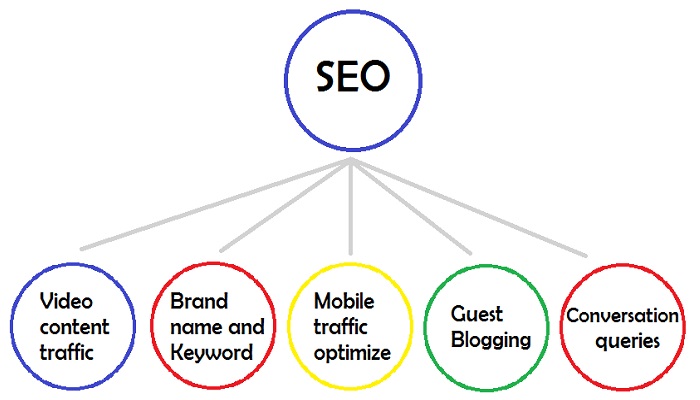Here are 9 Actionable Tips for a Faster WordPress Site:
1. Use a lightweight WordPress theme
Loading times will be cut down if you use a theme that is not overloaded with features you’ll never use. A good, fast theme will have all the basic features you need to create a great website without bogging it down with extra code. Here, are some actionable tips for a faster WordPress Site.
2. Use a content delivery network (CDN)
A CDN can speed up the loading of your website by storing static files in multiple locations around the world and delivering them to visitors based on their location. This means that instead of loading all the files from your server, which may be located far from some visitors, they can load them from a server that’s closer to them, resulting in faster loading times.
3. Optimize your images
Images are usually the heaviest elements on a webpage, so optimizing them can have a big impact on loading times. There are a few ways to optimize images:
- Resize them to the correct dimensions before uploading them to your website. If an image is 1000px wide but you only need it to be 500px wide, and then resize it.
- Compress them using an image compression tool like Kraken.io or TinyPNG. This will reduce the file size without reducing the quality of the image.
- Use a lazy load plugin to delay the loading of images until they’re needed. This means that instead of loading all the images on a page when it first loads, they’ll only be loaded as visitors scroll down and need them.
4. Minimize HTTP requests
HTTP requests are made every time a browser loads a file from a server. So, the more files your webpage has, the more HTTP requests will be made, and the longer it will take to load the page. To minimize HTTP requests, you can:
- Combine multiple CSS and JavaScript files into one.
- Use CSS sprites to combine multiple images into one image file.
- Use data URIs instead of separate files for small images.
5. Use Cache Plugins
Caching is a way of speeding up website loading times by storing static files in the browser’s cache so they don’t have to be loaded from the server every time a page is accessed. This means that when a visitor comes to your website, they’ll only have to download the files that have changed since they last visited, instead of all the files, resulting in quicker loading times.
6. Use a fast web host
Your web hosting provider has a big impact on your website’s speed. If you’re using a shared hosting plan, your website will be sharing resources with other websites on the same server, which can slow it down. To get the fastest loading times possible, you should use a managed WordPress host like WP Engine or Kinsta that uses performance-optimizing features like caching and content delivery networks.
7. Use a speedy WordPress theme
When choosing a WordPress theme, make sure to pick one that is fast and lightweight. A good way to tell if a theme is fast is to check how long it takes to load on the demo site. If it takes more than a few seconds, then it’s likely not a very speedy theme.
8. Avoid using too many plugins
While plugins can add valuable features to your website, they can also slow it down. This is because each plugin adds its own code to your website, which increases the number of files that have to be loaded, resulting in slower loading times. So, only use plugins that are absolutely necessary and remove any that you’re not using.
9. Keep your WordPress site up to date
One of the best ways to speed up WordPress is to make sure you’re using the latest version. This is because each new release includes performance improvements and security fixes that can help speed up your website. To update WordPress, simply go to the Dashboard > Updates page and click the “Update Now” button.
Conclusion:
These are just a few of the many ways you can speed up your WordPress website. By following these tips, you can significantly improve your website’s loading times, which will provide a better experience for your visitors and may even help you rank higher in search engines.
If you want to learn more about speeding up WordPress, we have a comprehensive guide that covers everything from choosing a fast WordPress theme to using caching plugins.

